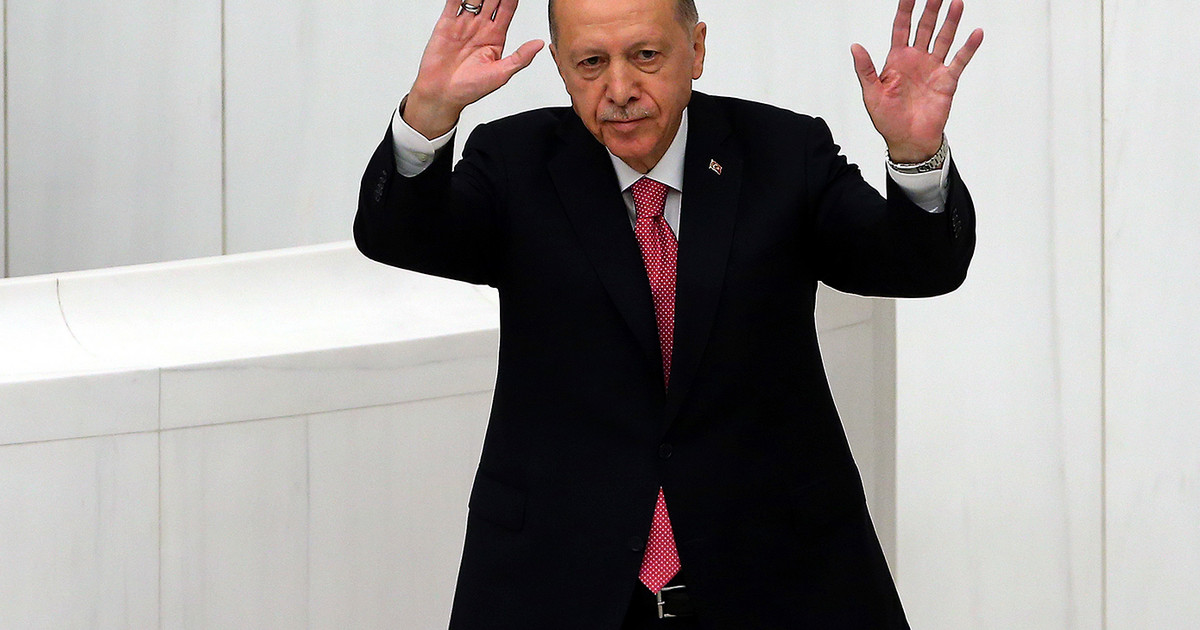By Julian Lee
Russia is threatening to use oil from neighboring Kazakhstan as a weapon against European countries that support Ukraine. A court order this month to close the Black Sea export terminal for a month is a clear warning to Europe about the leverage Russia has.
On Tuesday, a Russian judge in the city of Novorossiysk on the Black Sea coast ordered the Caspian Pipeline Consortium (CPC) to suspend shipments for 30 days. The suspension of operations was requested as punishment for a series of “documented violations” under CPC’s oil spill response plan, which the company had been given until the end of November to correct.
Although the facility is located in Russia, about 90% of the crude that passes through it comes from Kazakhstan. This makes it an ideal “weapon” in Russian President Vladimir Putin’s quiver to inflict economic damage on his opponents. The CPC shutdown will remove up to 1.5 million barrels per day from the global oil market, while having little impact on Russia’s own flows.
Putin, of course, has not explicitly said that this is his goal. The use of regional courts to cut off oil flows offers the Kremlin a reasonable possibility of denial. But the process follows a familiar pattern.
The initial investigation into the terminal was ordered by a Russian official whose recent experience was in the fields of agriculture and land registration, raising suspicions that there was a political motive.
Russia has a history of using courts for political purposes. Just look at the pursuit of TNK-BP and its foreign executives in 2008, before the eventual takeover of the oil business by state-backed Rosneft, BP’s experience with the Kovykta gas field in Siberia, or the pile of obstacles in the LNG project Sakhalin 2 which resulted in the acquisition of a majority stake by Gazprom in 2006.
The CPC terminal has suffered a series of unfortunate events since the invasion of Ukraine by Russian troops. In late March, the terminal was partially closed for a month after a storm reportedly caused significant damage. Then, in mid-June, new disturbances arose amid surveys of the surrounding water area, which led to the discovery of a number of World War II mines.
Two-thirds of CPC’s exports typically end up in Europe, with significant quantities going to Central Europe via pipelines from the Italian port of Trieste. The impact on the Mediterranean crude market in particular, where supply is already at its tightest levels in years, would be severe.
Combined monthly exports from Azerbaijan, Kazakhstan, Libya, the North Sea and West Africa – all major suppliers to Europe – fell by more than 1 million barrels per day in June, according to tanker tracking data compiled by Bloomberg.
Exports from Libya have almost halved from last year’s average and look set to fall further this month as the country is again gripped by unrest.
The threat of CPC halting shipments will hang over the oil market at least until Monday, when a court in the Krasnodar region, where the terminal is located, is expected to hear the company’s appeal against the decision. This raises hopes that the outage can be avoided, but there is no guarantee that CPC’s appeal will be successful.
Even if the ban is overturned, Russia has sent a clear warning to Europe that it can disrupt crude flows almost at will and is willing to inflict extreme economic damage on its neighbors in the process.
Source: Bloomberg
I’m Ava Paul, an experienced news website author with a special focus on the entertainment section. Over the past five years, I have worked in various positions of media and communication at World Stock Market. My experience has given me extensive knowledge in writing, editing, researching and reporting on stories related to the entertainment industry.






